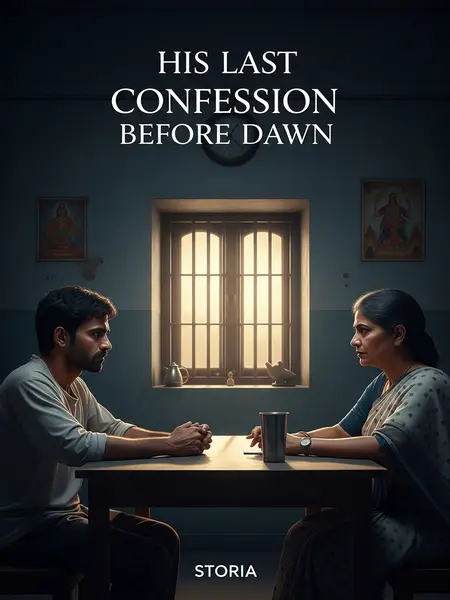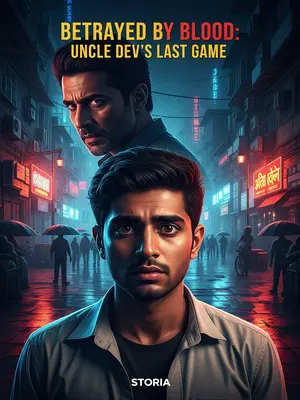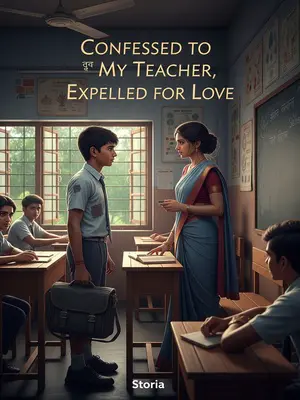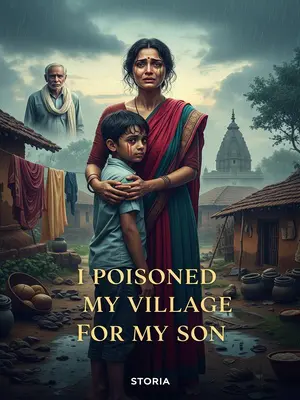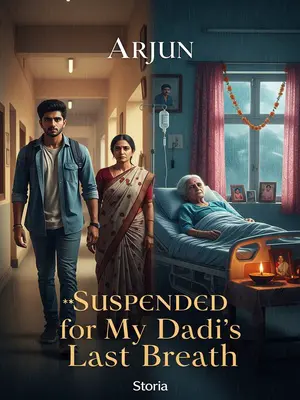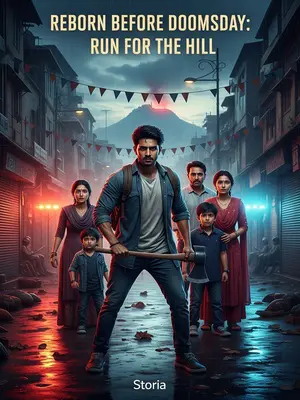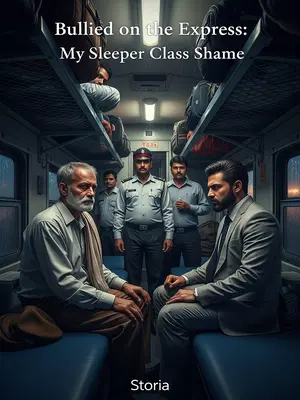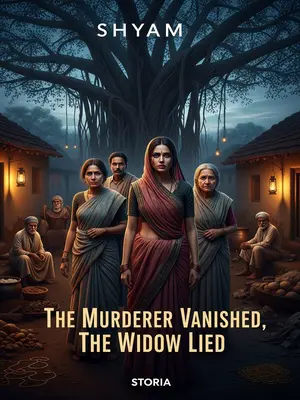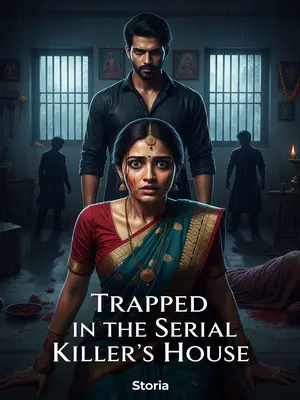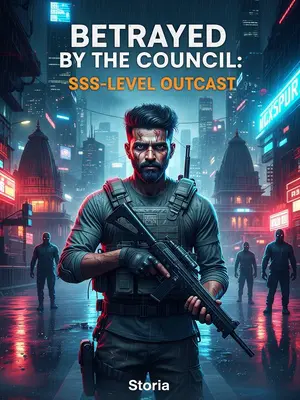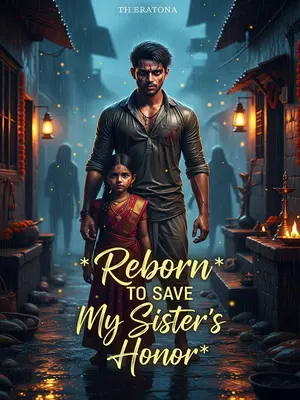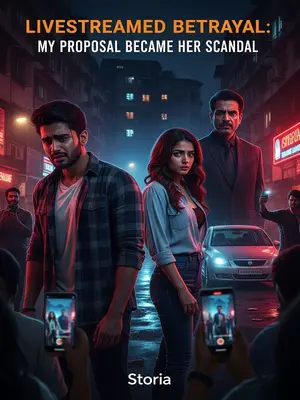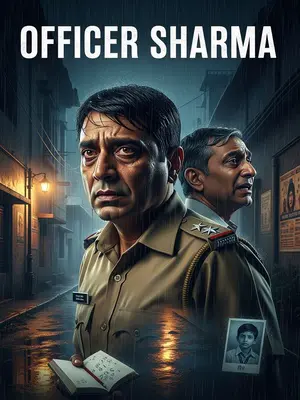Chapter 4: The Execution Ground
Arvind’s narration:
Outside is the Nandgaon execution ground. I know it well—my family used to live next door. Coming back here now, it feels like I’m truly returning home to die.
He lets out a hollow laugh, the kind that sounds like it’s been trapped in his chest for years.
1995—I was fifteen, in eighth standard. My mother brought me to the employee quarters of the Second Machine Tools Factory in Nandgaon. That place is abandoned now.
Our building was in the last row, right up against the barbed wire fence, a line of banyan trees separating us from the execution ground.
But from our window, you could always see the execution ground through the gaps in the trees.
Every morning at six, I’d get up and use binoculars to watch the firing squad.
The dawn was always bluish, the sun still hiding behind the hills. The condemned would be led out—shoulders slumped, faces ashen, souls already gone.
I remember the koel’s call in the branches, a tea vendor’s bell ringing at the corner, the crackle of a transistor radio playing Lata Mangeshkar. Outside, life went on. Inside, life and death passed without pause.
When the guns were loaded, suddenly the condemned would become lucid. Some begged for mercy, some wept, some tried to run, and some, terrified, soiled themselves. But in the end, all were subdued.
They would be made to sit cross-legged on the ground, heads bowed, as the officer read out the order. When the shots rang out, not even the crows stirred; silence would fall again.
The wait was torture, but the end came in a blink.
But dead is dead—lying motionless, whether they’d cried, screamed, or laughed. In the end, all were still, all became corpses.
Their faces were peaceful, mouths wide open—the bullet went in from behind and exited through the mouth, so the face stayed almost untouched. Easier for the families, I suppose.
I was fifteen, watching this every morning. I’d tremble, break out in goosebumps, my head buzzing like the shot had gone through me. Sometimes I’d go to school, shirt untucked, hair uncombed, that morning’s horror still playing in my mind. I’d stare at the blackboard, hand tracing lines on the desk, barely hearing the teacher. Once or twice, a classmate would nudge me, "Arvind, kya hua? You look pale, re."
Every day, I’d be struck by that shot, then go to school.
Dr. Mehra, isn’t that a strange childhood?
He looks at me, searching for understanding. The cell seems to shrink, the air thickening with unspoken truths.
